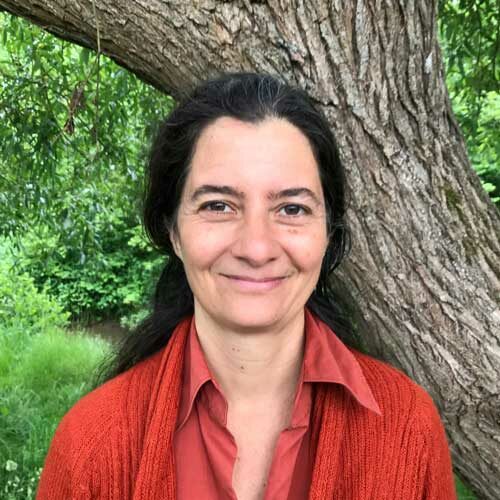Worldwide Insight Founding teacher Martin Aylward returns to lead his first class of the year. Martin looks at how different elements of attention can meet, explore and hold experience, allowing for insight, spaciousness and increasing freeness in the midst of experience.
With Martin Aylward recorded on January 21, 2018.
Found our teachings useful? Help us continue our work and support your teachers with a donation. Here’s how.
Discover more from the Dharma Library
-

Trusting Impermanence
Recorded :
April 16, 2023 ‘All things fall apart’ was the Buddha’s last teaching before passing away. How can we live peacefully with this universal and challenging truth? In this session, we’ll practice how attuning to change supports letting go.
-

Daily Meditation Recordings, with Martin Aylward – Week of December 14, 2020
We’re fortunate that Martin Aylward has generously offered to lead our daily meditation sessions for Europe and the UK this week. To find out more about Martin, and view his other recordings on the platform, click here.
-

Daily Meditation Recordings, with Zohar Lavie – Week of May 2, 2022
This week’s theme is: Opportunities for Deepening Compassion and Wisdom. Dharma teachings and practices invite us to use our difficulties and problems to awaken our hearts. Rather than seeing the unwanted aspects of life as obstacles, we can relate to them as the raw material necessary for awakening genuine wisdom and compassion.
The cultivation of wisdom and compassion for ourselves leads naturally to compassion for others. True compassion does not come from wanting to help out those less fortunate than ourselves but from realizing our kinship with all beings. -

Daily Meditation Recordings, with Caverly Morgan – Week of May 25
We’re very grateful to have Caverly Morgan hosting our Daily Meditation Series for North America. To find out more about Caverly, and to view her past recordings and contributions to Sangha Live, click here. Monday, May 25 Releasing conditioned processes of suffering (part 3) Wednesday, May 27 Knowing awareness, experiencing being Friday, May 29 Embracing…
-

Apply as Needed; the Benefits of Skillful Means
Recorded :
November 8, 2020 Becoming quiet allows for deeper listening – to the whispers of the body, heart and mind as parts of a whole and as harmonic convergence. How we tune our instruments depends on what we hear. Skillful means provide a variety of tools to self prescribe and address what is needed in the moment. We’ll practice…
-

Daily Meditation Recordings, with Martin Aylward – Week of March 30
We’re fortunate that Martin Aywlard has generously offered to lead our daily meditation sessions for Europe and the UK. To find out more about Martin, and to view his other contributions to Sangha Live, click here. Monday, March 30 Being in the body Wednesday, April 1 The elements of bodily life Friday, April 3 Being…
-

Awake in the wild – meditation in nature as a path to awakening.
Recorded :
March 29, 2015 Worldwide Insight talk from Mark Coleman: “Awake in the Wild – Meditation in Nature as a Path to Awakening”. Guided meditation, Dharma talk and Q&A.
-

Practicing metta vipassana
Recorded :
May 14, 2017 In this talk Dave discusses the process of integrating heart practices within the four foundations of mindfulness. Mindfulness practice unites the steadiness of concentration with the immediacy of moment to moment experience. As we learn to collect the body and mind, intuitive wisdom arises. This allows us to open to the truth of each moment’s…







Discussion